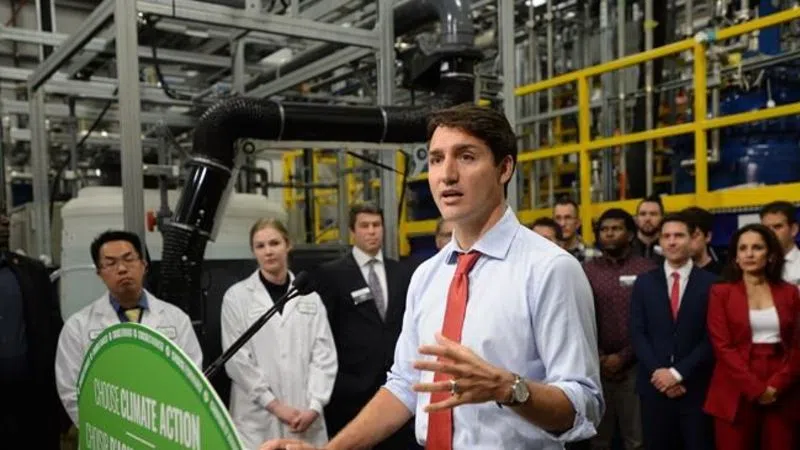
When voters head to the polls in the West, many of them will be angry: experts
REGINA — A rising tide of western alienation may rally Conservative voters in Alberta, Saskatchewan and parts of British Columbia, but political watchers say they don’t expect it to make a big splash in the election elsewhere in the country.
Alberta Premier Jason Kenney and Saskatchewan’s Scott Moe have been steadfast and vocal critics of Liberal Leader Justin Trudeau over his government’s energy policies — from the carbon tax to a federal law that overhauls how major energy projects are assessed.
They’ve made pipelines, and the seemingly endless struggle to build them, the focal point in their fight.
The anger in the region has led to rallies, convoys, anti-Liberal billboards, a pro-oil and gas clothing line and some talk of separation.
